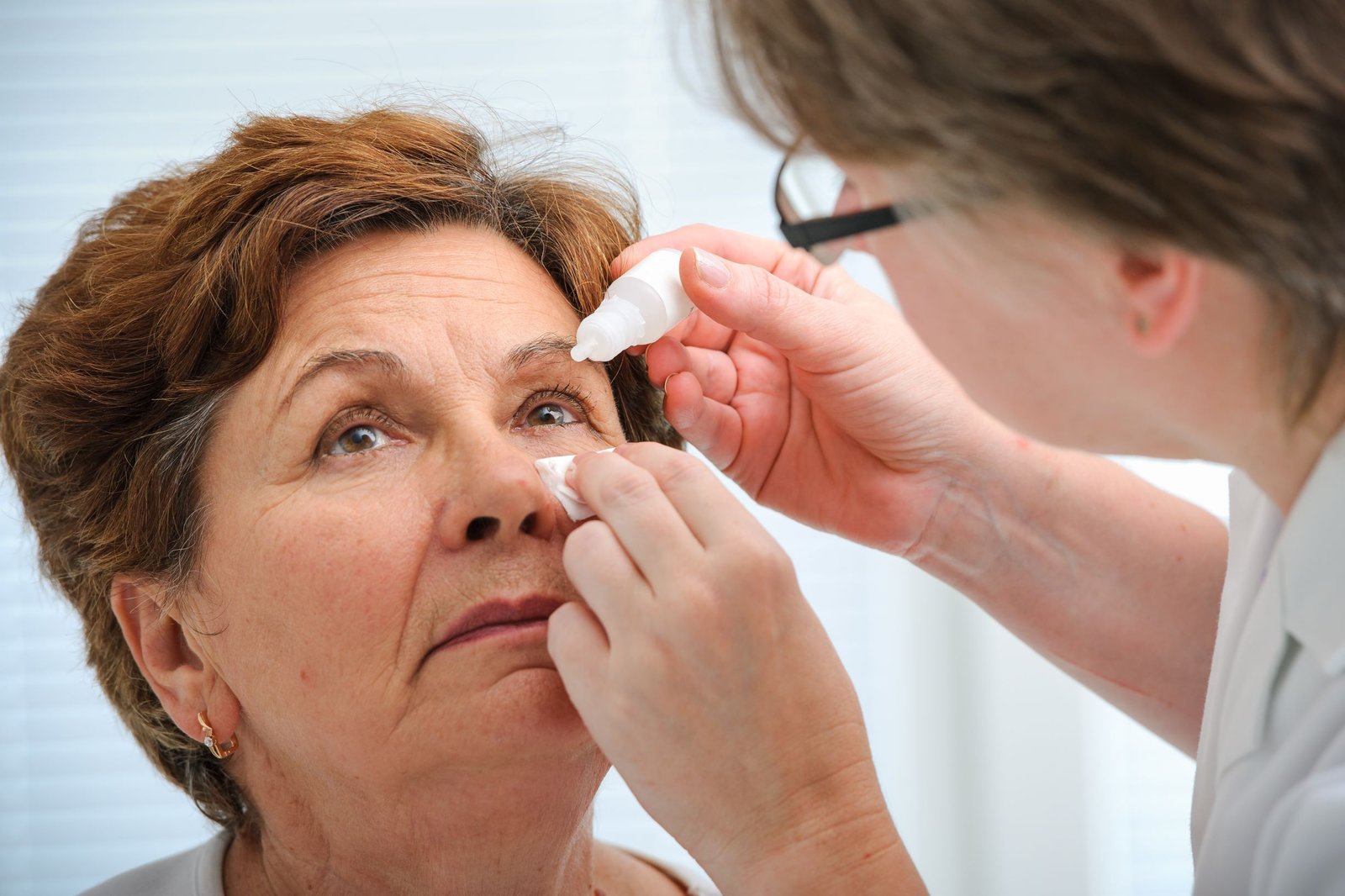The Surprising Link Between Eye Exams and Hidden High Blood Pressure

Your Eyes Could Reveal Life-Threatening Health Risks
Did you know that your regular eye exam could do more than update your glasses? It could actually save your life. Yes, that’s right! Routine visits to your optometrist offer more than just clearer vision—they could uncover hidden health risks, including high blood pressure. This surprising connection between eye exam high blood pressure detection might be the key to protecting your health before it’s too late.
How Eye Exams Detect High Blood Pressure
Your eyes are like a health map, revealing more than you realise. High blood pressure silently damages your body, but it leaves subtle signs in your eyes. During a routine eye exam, your optometrist can detect early warnings of hypertension long before you feel any symptoms. For more insights on
how high blood pressure affects your eyes
, explore trusted health resources.
What Optometrists Look For
Here’s how an eye exam high blood pressure detection works:
- Narrowed Retinal Arteries: High blood pressure can narrow the small arteries in your eyes, restricting blood flow.
- Retinal Hemorrhages: Broken blood vessels in the retina may appear as tiny red spots.
- Fluid Leakage: Damaged vessels can leak fluid, causing swelling in the retina.
- Swollen Optic Nerve (Papilledema): Severe hypertension leads to optic nerve swelling.
- Cotton Wool Spots: Small white patches on the retina caused by reduced blood flow.
These changes are silent but dangerous. Spotting them early through an eye exam could help you avoid serious health complications. Understanding
can help you take better care of your health.
Why Early Detection of High Blood Pressure Matters
High blood pressure is known as the “silent killer” because it creeps in without noticeable symptoms. Many people only find out they have it after severe health issues like heart attacks or strokes. But regular eye exam high blood pressure detection can uncover signs before it’s too late. Staying informed about
early signs of high blood pressure
is a key step towards prevention.
Health Risks of Untreated High Blood Pressure
- Heart Disease: Increased risk of heart attacks and heart failure.
- Stroke: Higher chances of blood clots or bleeding in the brain.
- Kidney Damage: Excess pressure damages kidney function.
- Vision Loss: Prolonged eye damage can lead to blindness.
Simple Ways to Manage High Blood Pressure
If your optometrist identifies signs of high blood pressure, don’t panic. You can take control with these proactive steps:
1. Monitor Your Blood Pressure
Regularly check your blood pressure at home to stay informed.
2. Follow a Heart-Healthy Diet
- Eat more fruits, vegetables, lean proteins, and whole grains.
- Reduce salt, sugar, and processed foods.
3. Stay Active
Aim for at least 30 minutes of moderate exercise most days.
4. Reduce Stress
Practise mindfulness, yoga, or relaxation exercises to lower stress levels.
5. Keep Up With Regular Eye Exams
Make eye exam high blood pressure detection a routine part of your health check-ups.
Breaking Myths About Eye Exams and Blood Pressure
Let’s clear up some common misunderstandings:
Myth: Eye exams are only for vision correction.
Fact: They can detect hidden health conditions like hypertension.
Myth: High blood pressure always shows symptoms.
Fact: Most people have no symptoms, making detection through eye exams crucial.
Myth: Young people don’t need to worry about blood pressure.
Fact: High blood pressure can affect anyone, regardless of age.
FAQs: Everything You Need to Know
1. Can an eye exam really detect high blood pressure?
Yes! Optometrists can spot signs of hypertension by examining the blood vessels in your eyes. Eye exam high blood pressure detection can uncover problems before symptoms develop.
2. How often should I have an eye exam?
At least every two years, or more often if you have existing health conditions like hypertension.
3. Are eye changes from high blood pressure permanent?
Not always. Early detection and treatment can prevent or even reverse damage. However, untreated hypertension can lead to permanent vision loss.
4. Should I tell my optometrist about my medical history?
Absolutely. Sharing your medical history helps your optometrist connect your eye health to systemic conditions.
Take Charge of Your Health Today
Your eyes are powerful indicators of your overall health. Scheduling regular eye exams isn’t just about seeing clearly—it could be the lifesaving step you need. Don’t wait for symptoms to appear. Let eye exam high blood pressure detection help protect your health and your future.
Book your eye exam today and take control of your health before it’s too late.